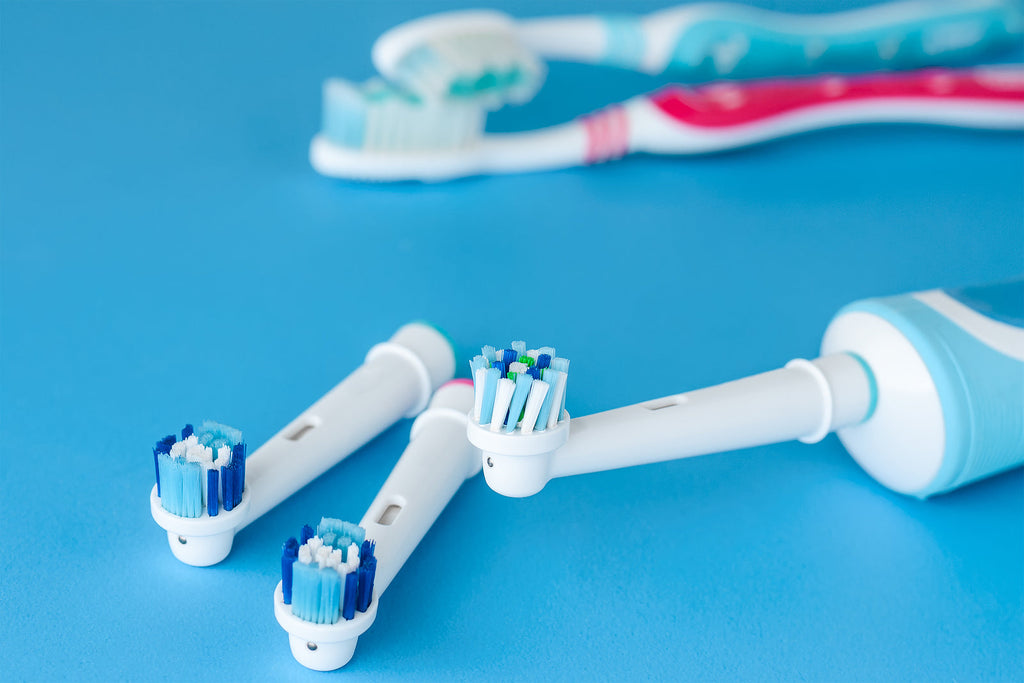
Is A Manual Or Electric Toothbrush Better For Your Teeth?

The dental care product that everyone needs to have is a toothbrush, but there are a lot of options when it comes to which specific brush to choose.
Should you get a brush with soft or firm bristles? Which size brush handle is best? And should you get an electric or manual toothbrush?
There are some solid answers for all of these. You should opt for softer bristles as firm bristles can wear away at tooth enamel. The right-sized toothbrush is the one that fits most comfortably in your mouth and allows you to access every part of your teeth.
Finally, whilst there is nothing necessarily wrong with a manual toothbrush and you can effectively clean your teeth with one, an electric toothbrush is the best for cleaning teeth.
Electric toothbrushes can remove up to a fifth more plaque than a manual toothbrush, which in turn leads to 20 per cent less tooth loss compared to people who rely on manual toothbrushes.
Part of the reason for this is that it is much easier to clean your teeth better with an electric toothbrush than a manual one. A manual toothbrush requires a disciplined approach to cleaning teeth and a separate timer, whilst an electric toothbrush can be more easily glided over teeth to provide the same result.
Many electric toothbrushes also have a built-in two-minute timer to ensure that you are cleaning your teeth for the right amount of time, as well as specialised brushes, a range of brushing modes and even advanced systems such as position detection.
The main advantage of a manual toothbrush is price; it is often cheaper to buy several toothbrushes than a single replacement head for an electric toothbrush, to say nothing of the main brush unit itself.
Any toothbrush is an effective weapon for cleaning teeth, but there is no contest when it comes to which is better for your teeth.
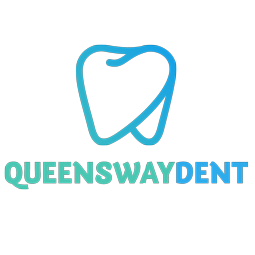
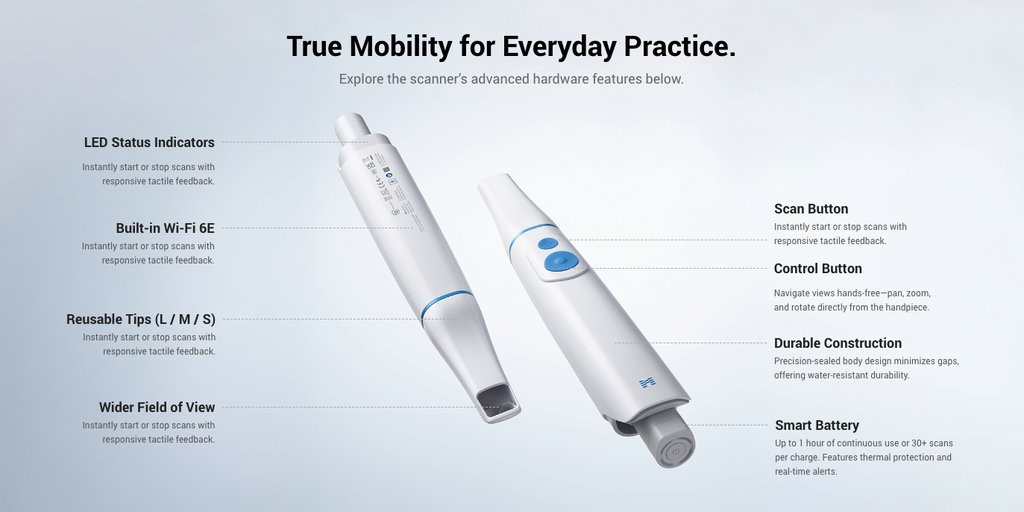
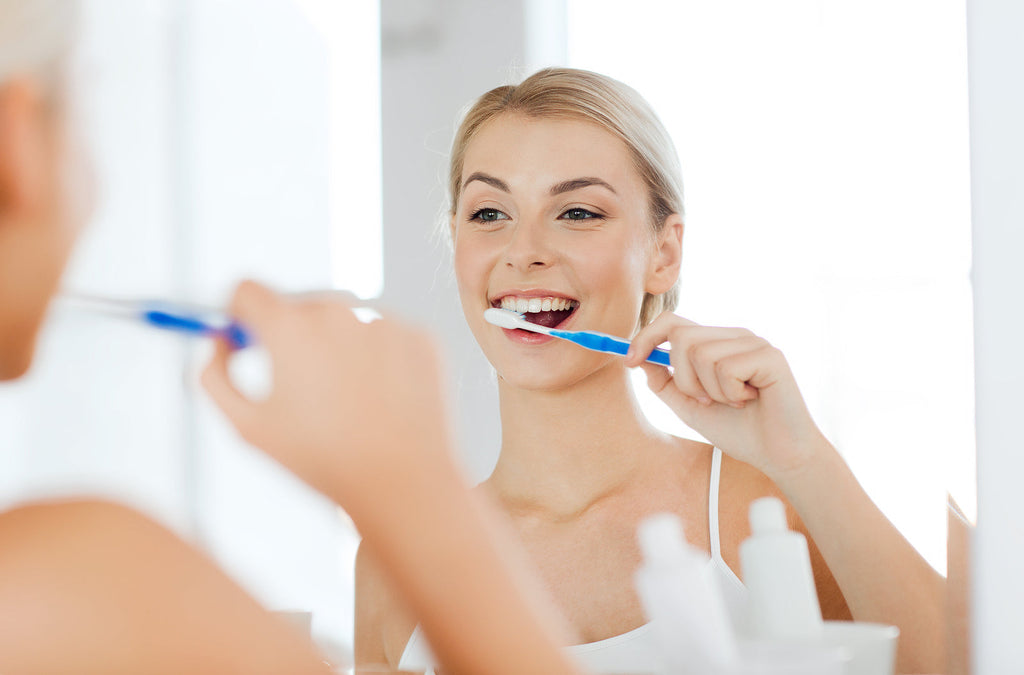
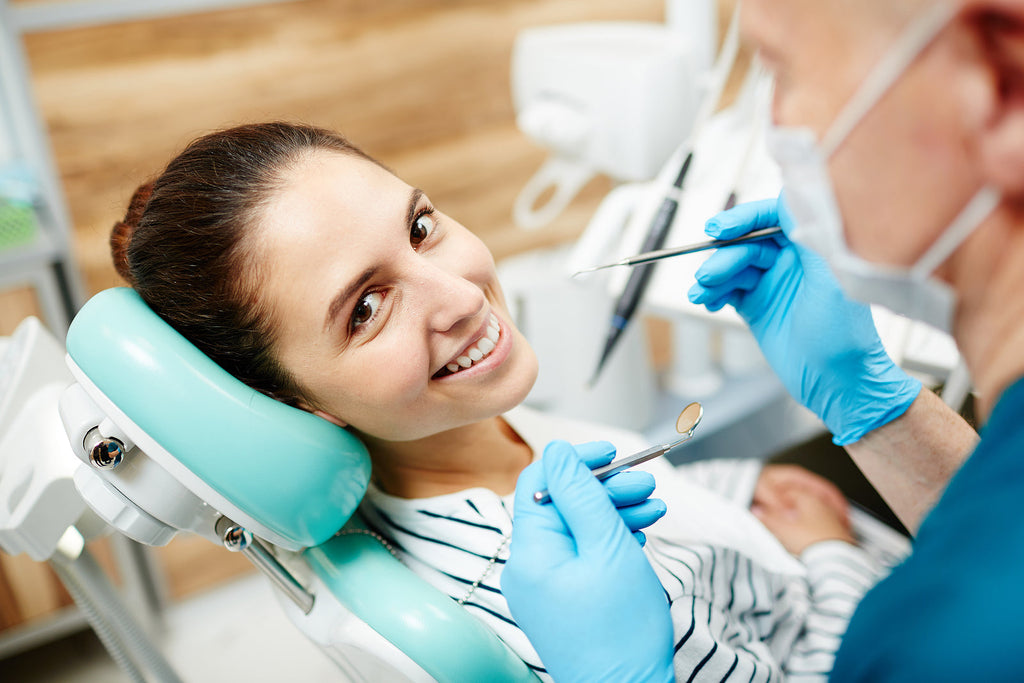
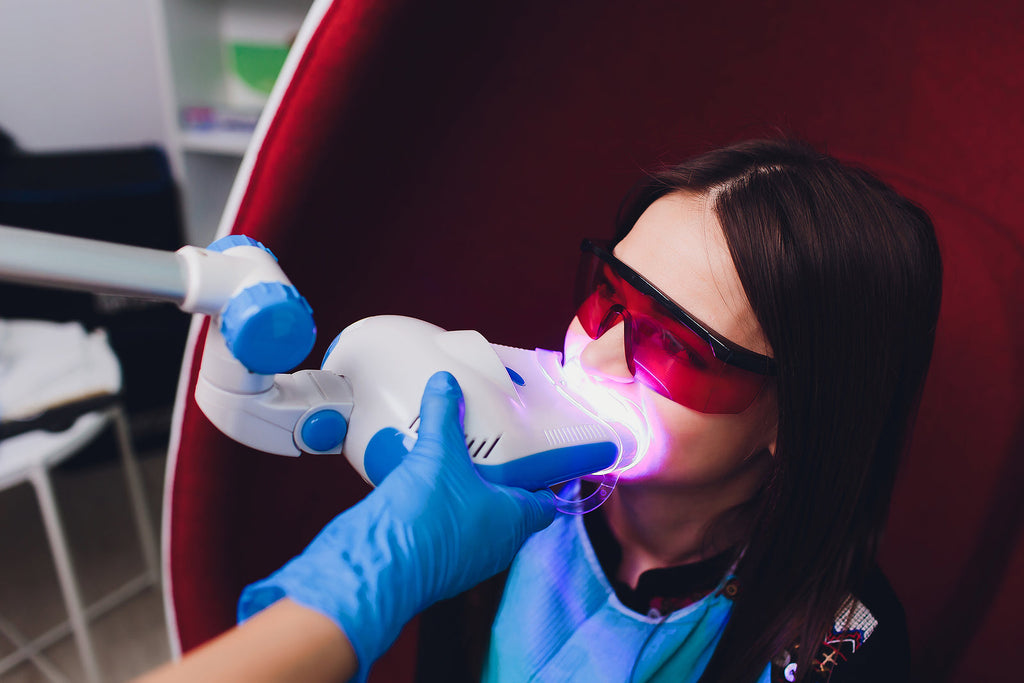
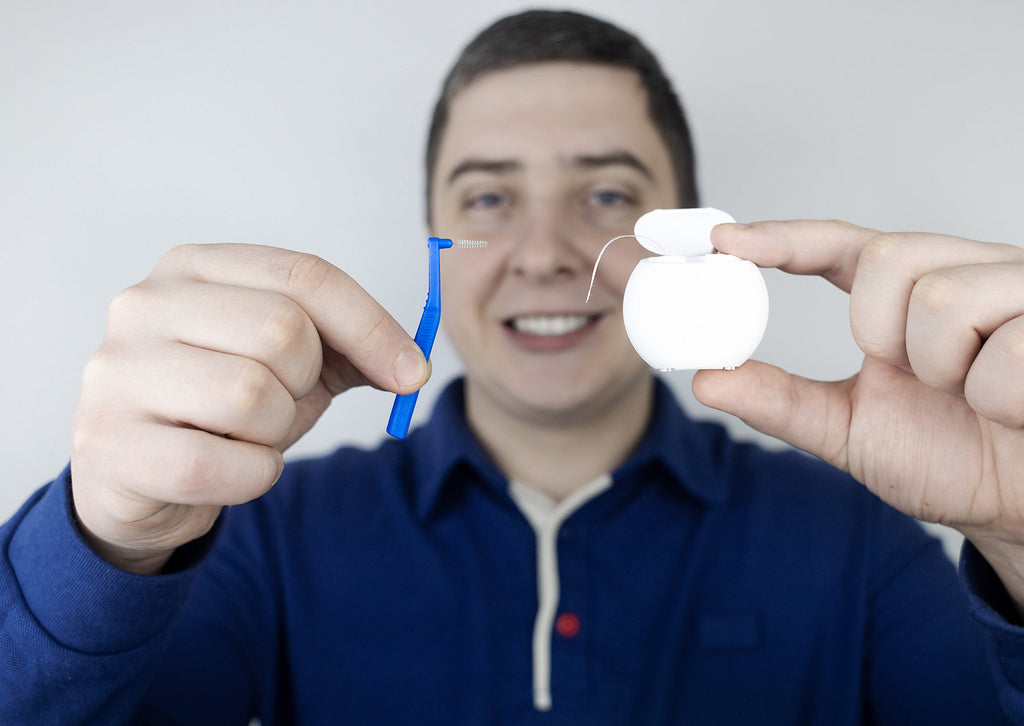
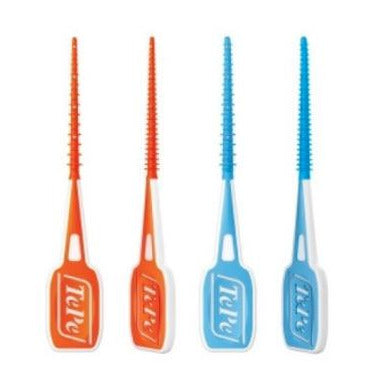
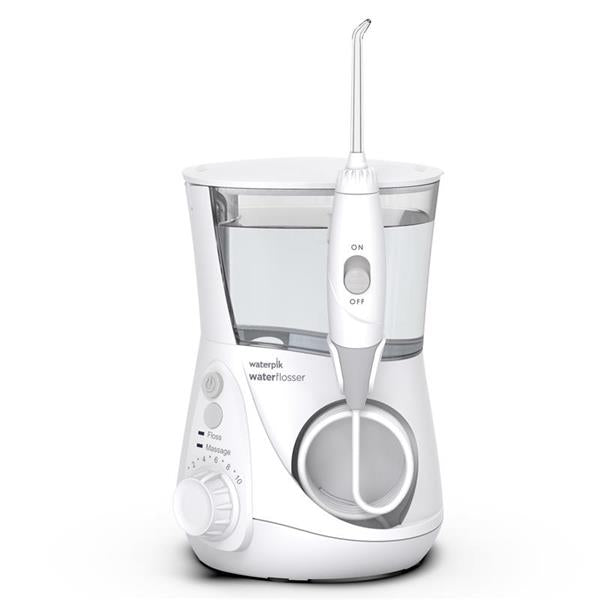
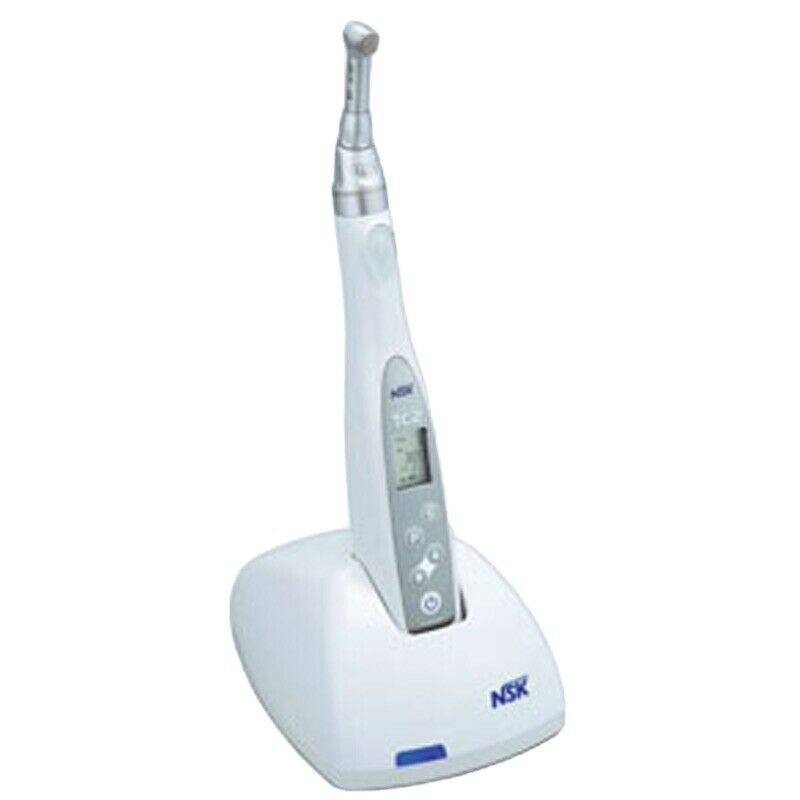
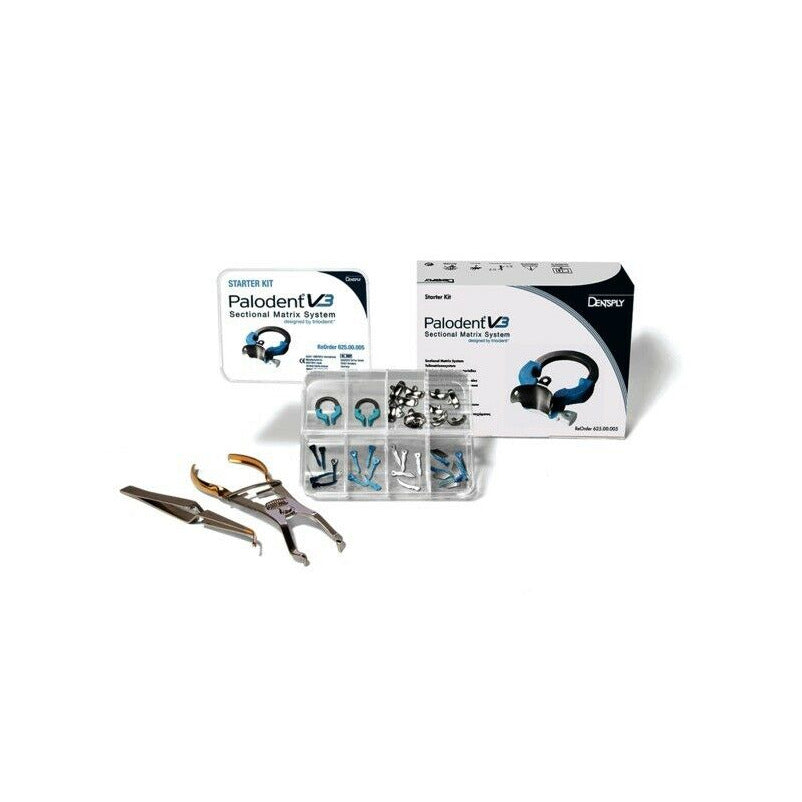
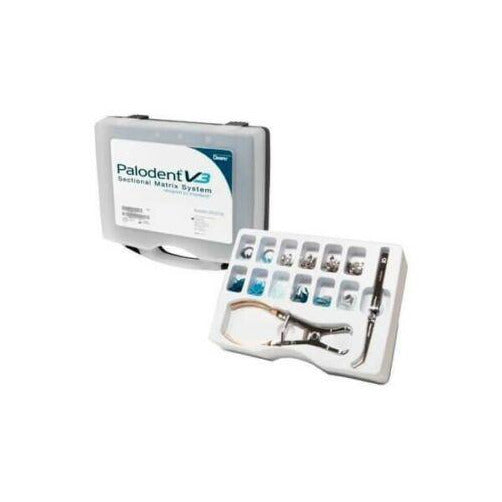
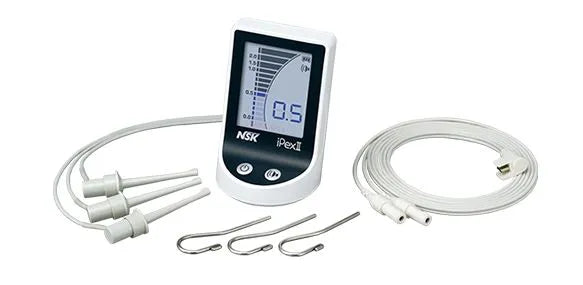
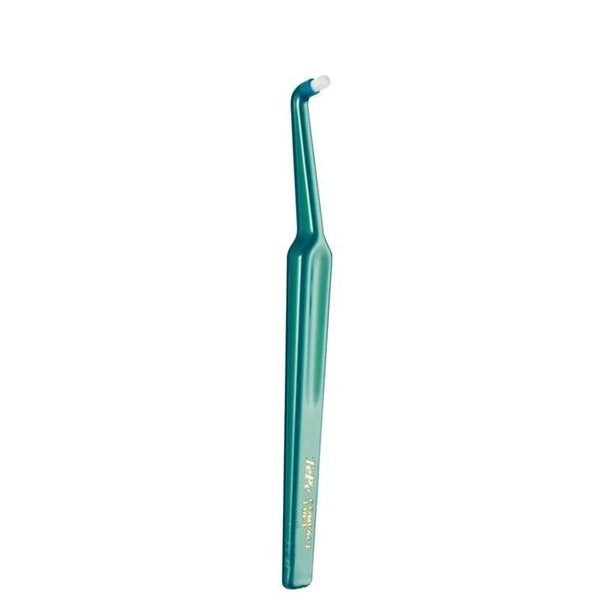
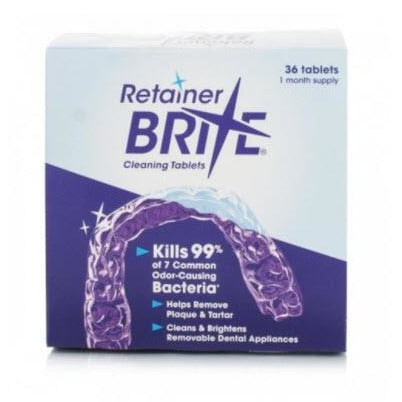
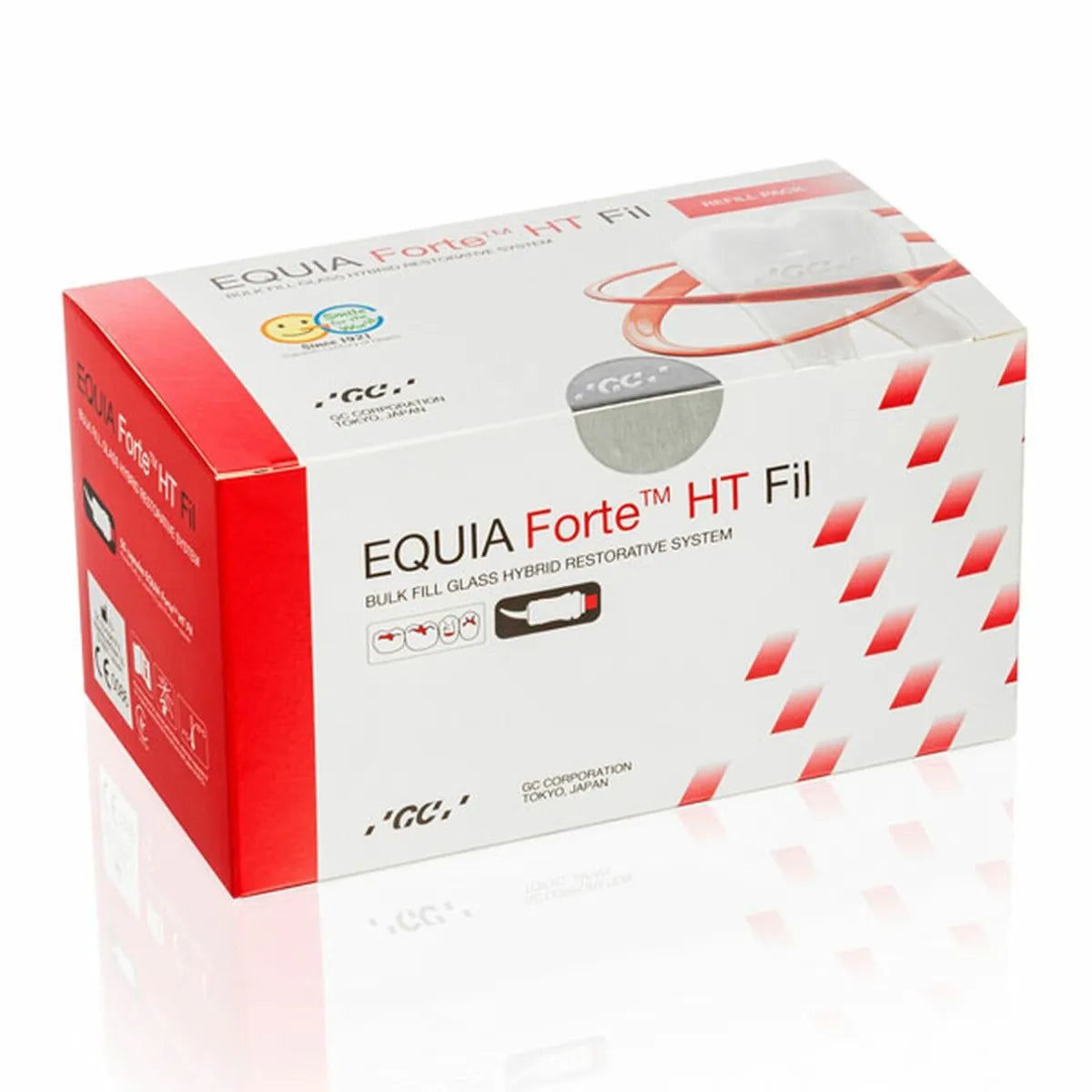
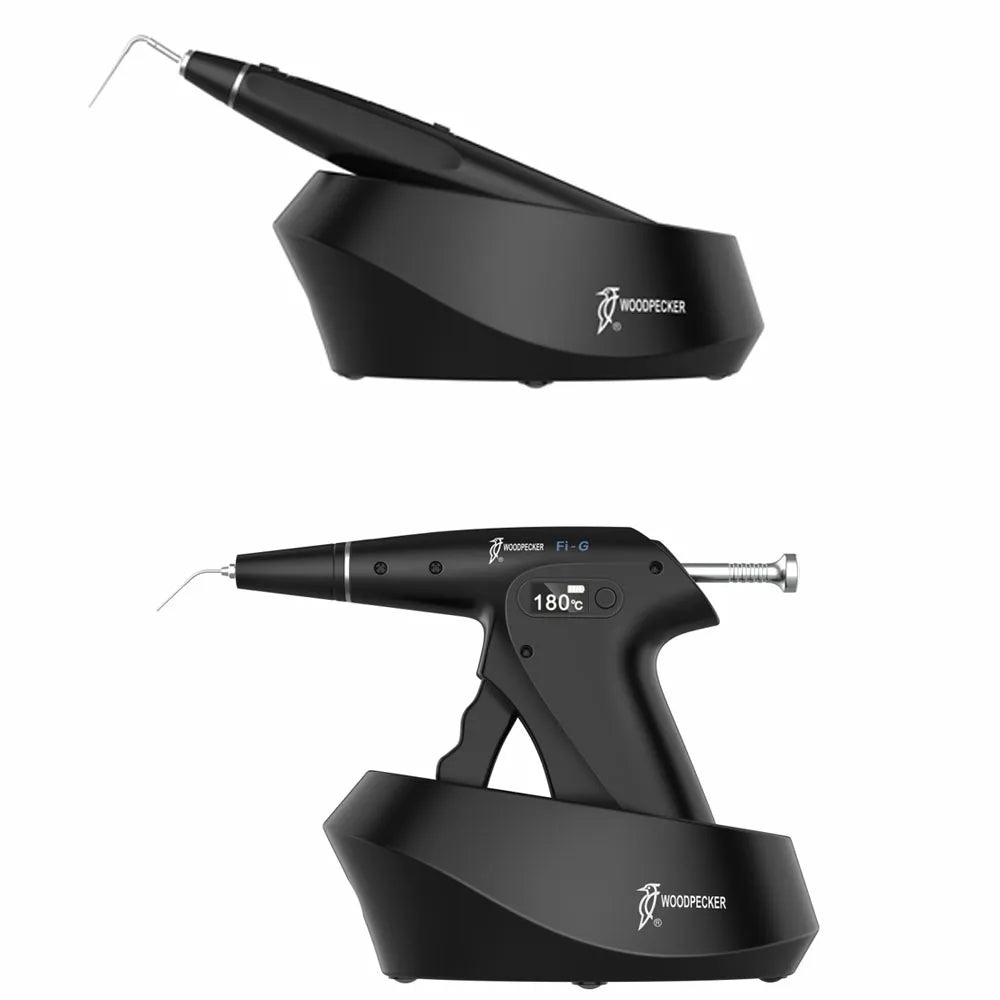
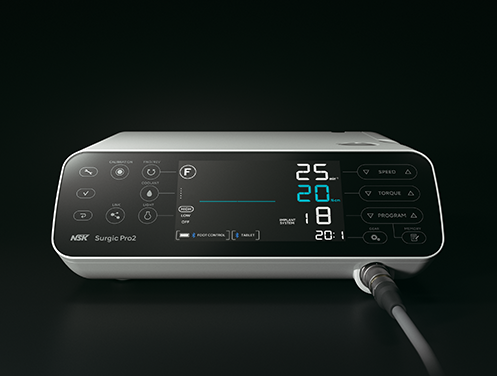
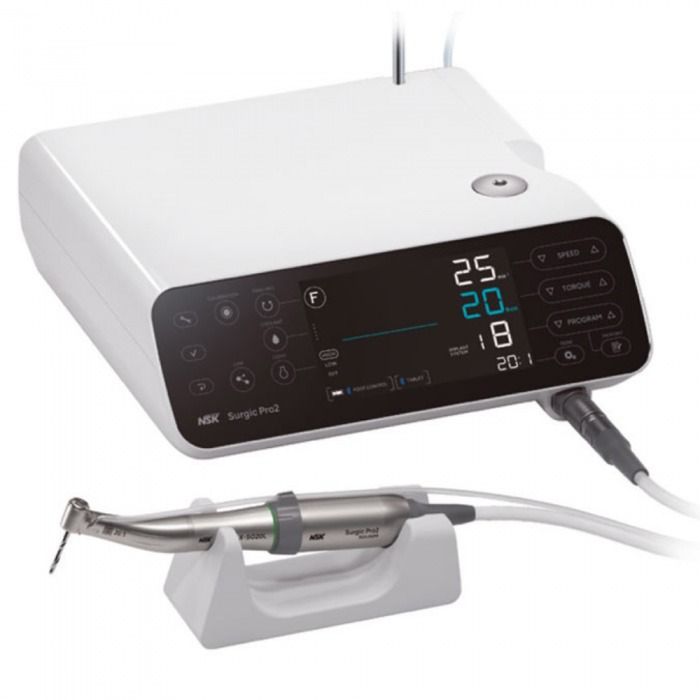
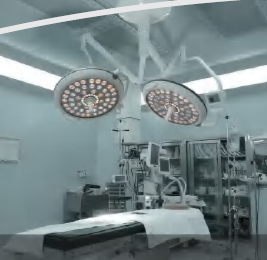
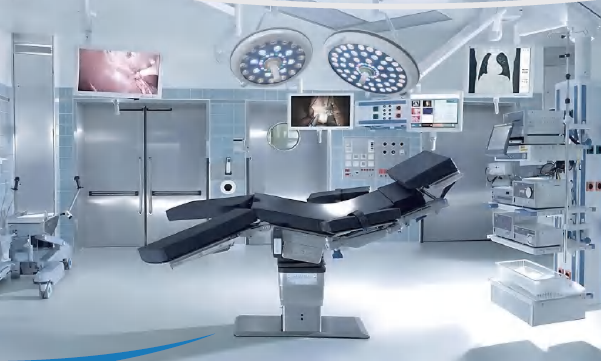
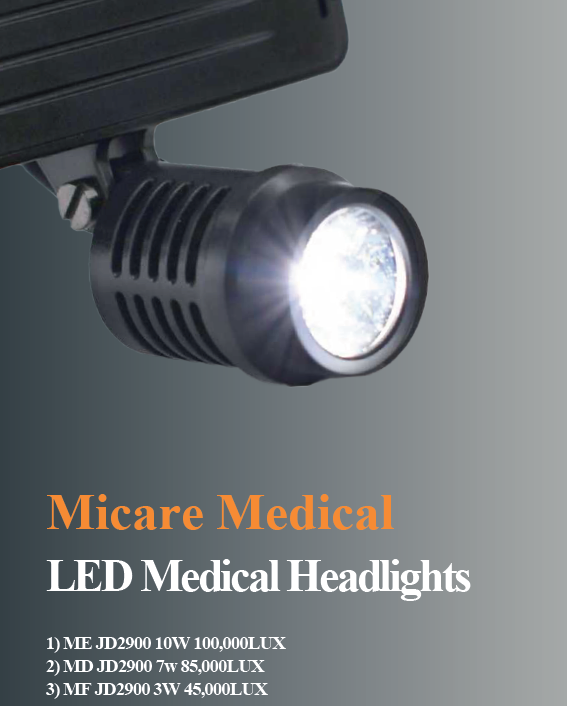
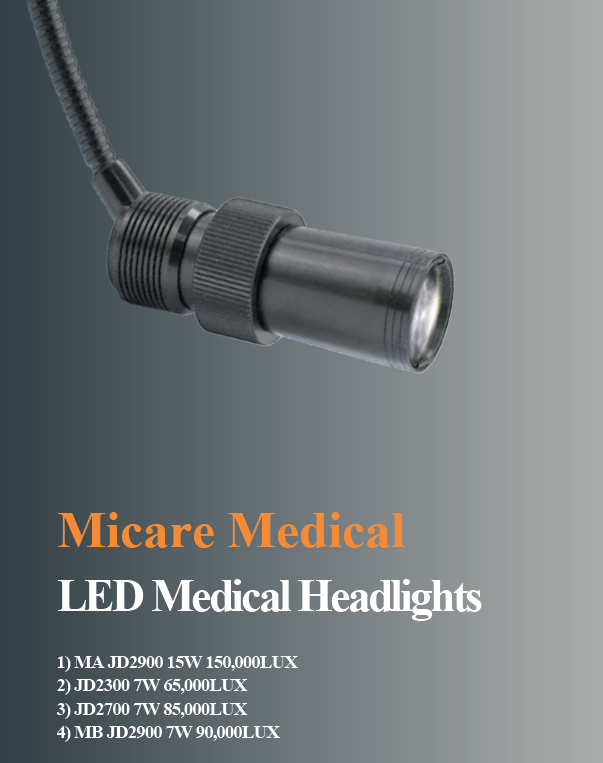
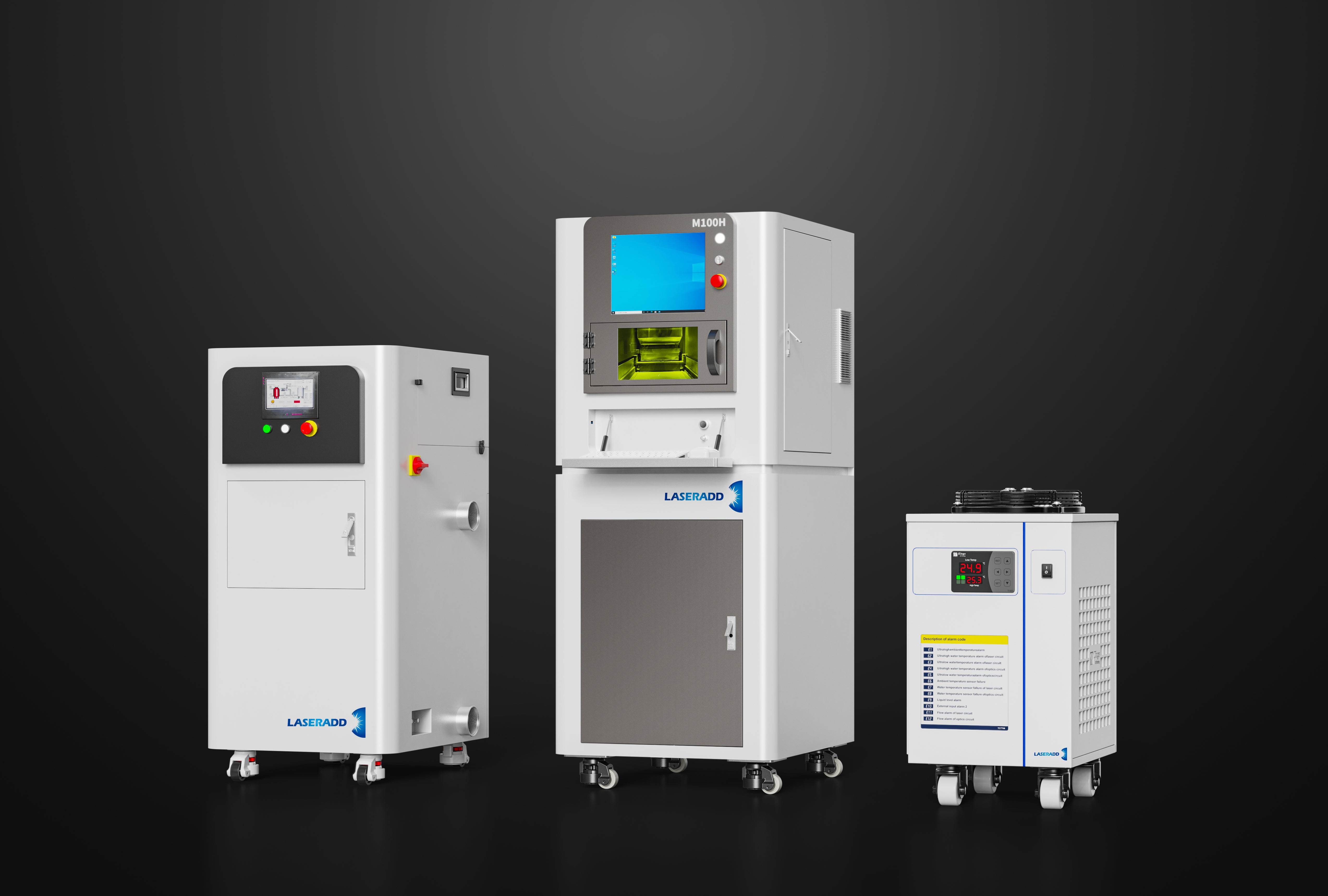
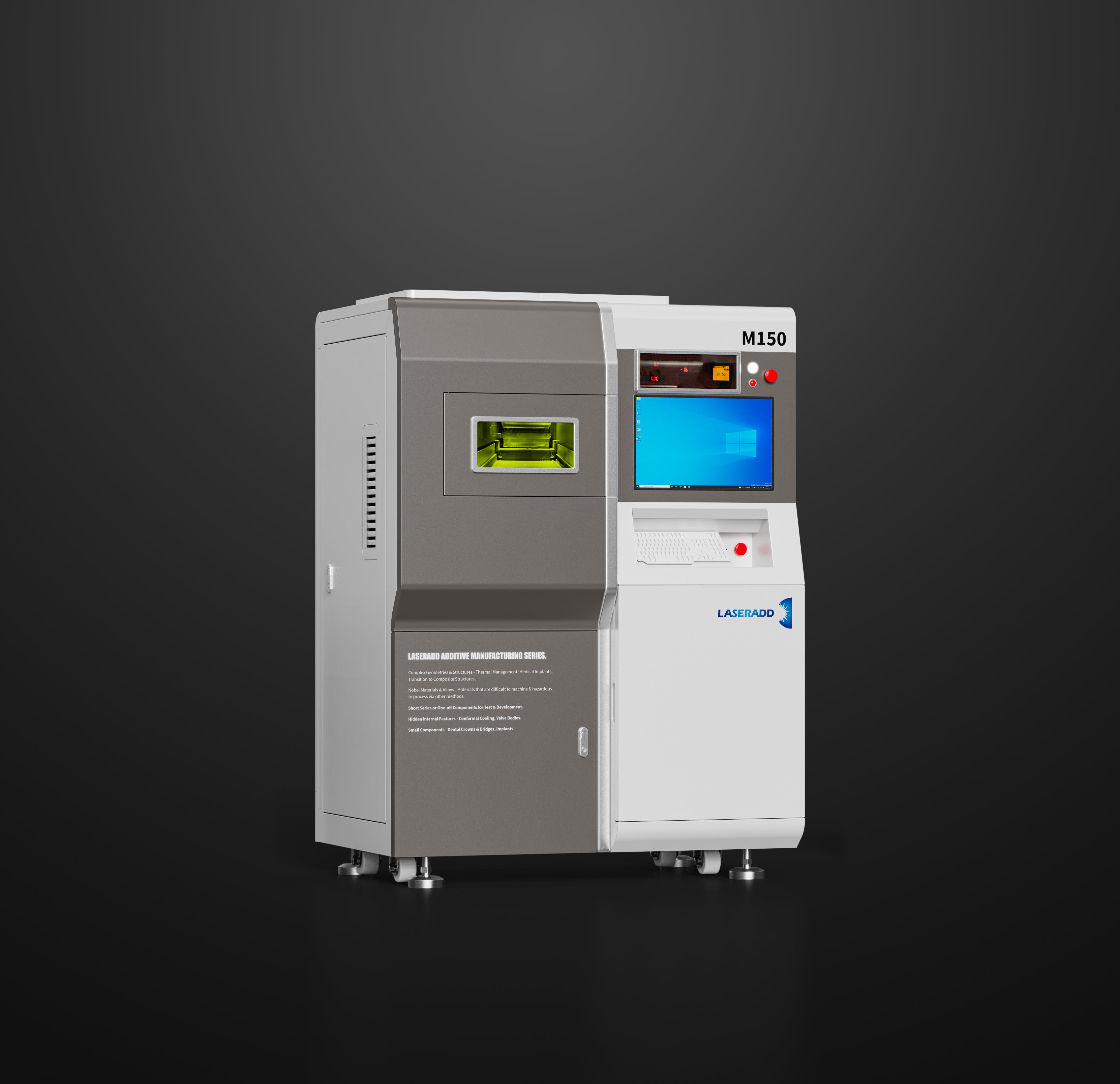
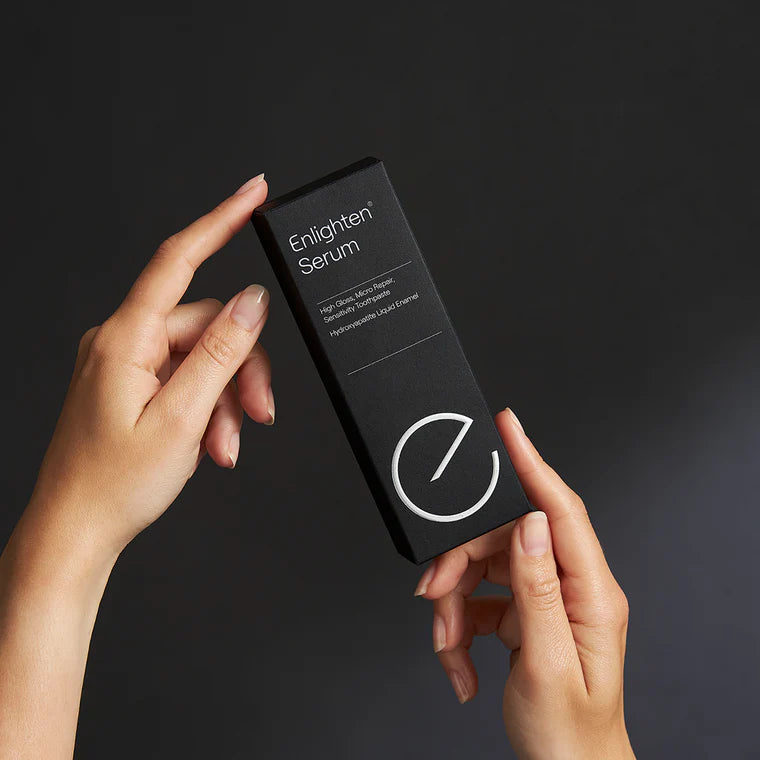
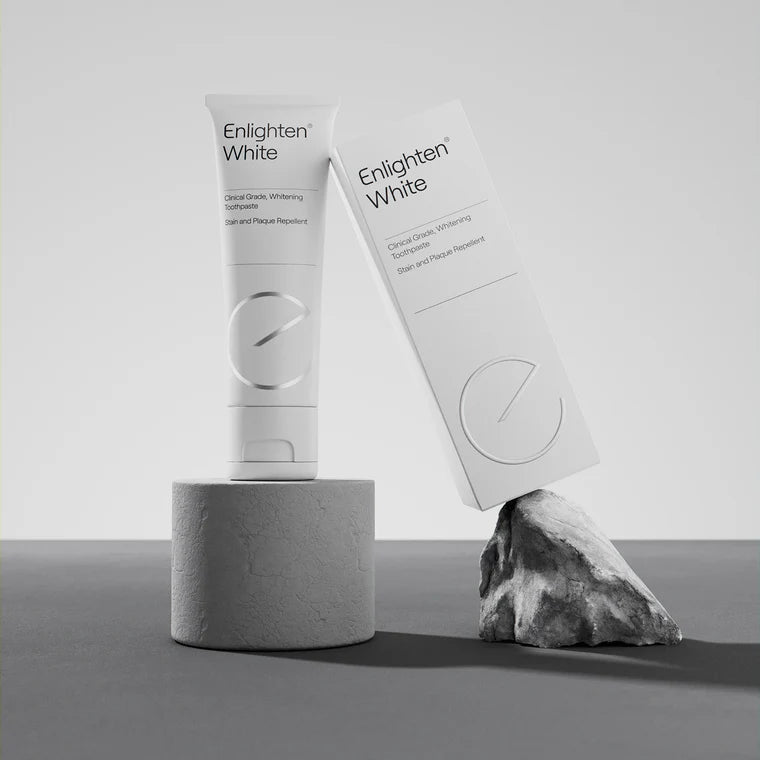
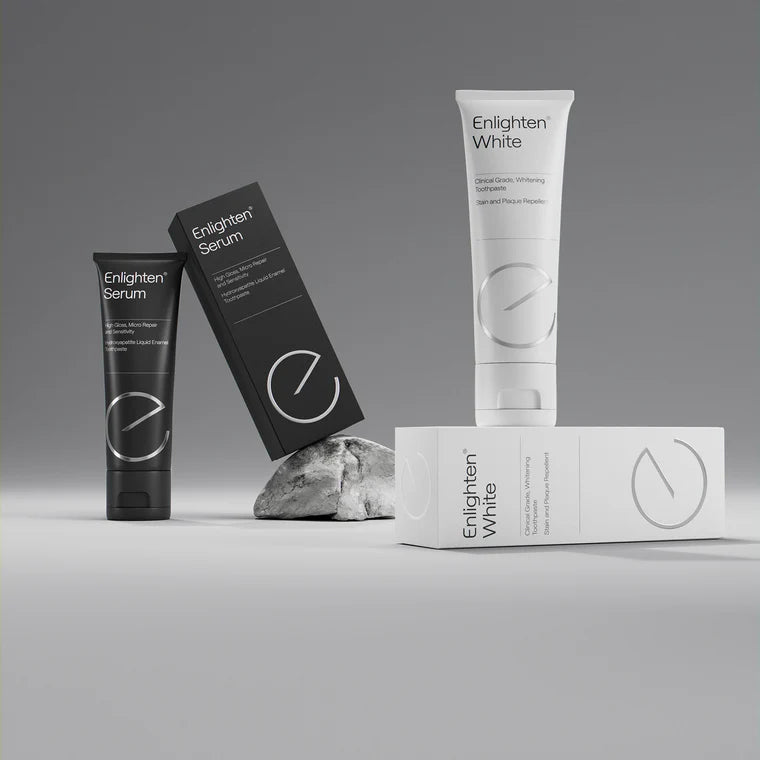
 Whatsapp us!
Whatsapp us!